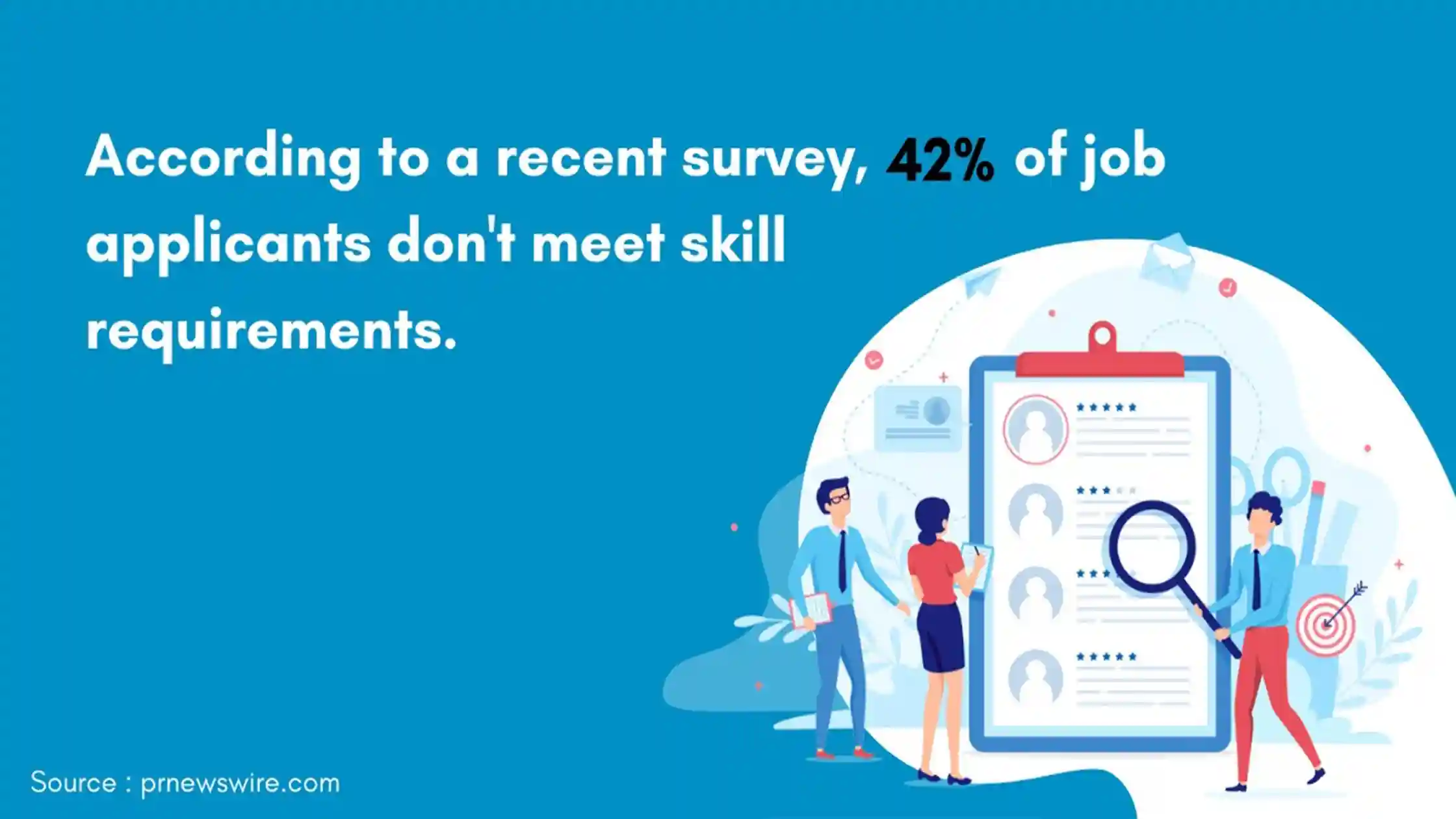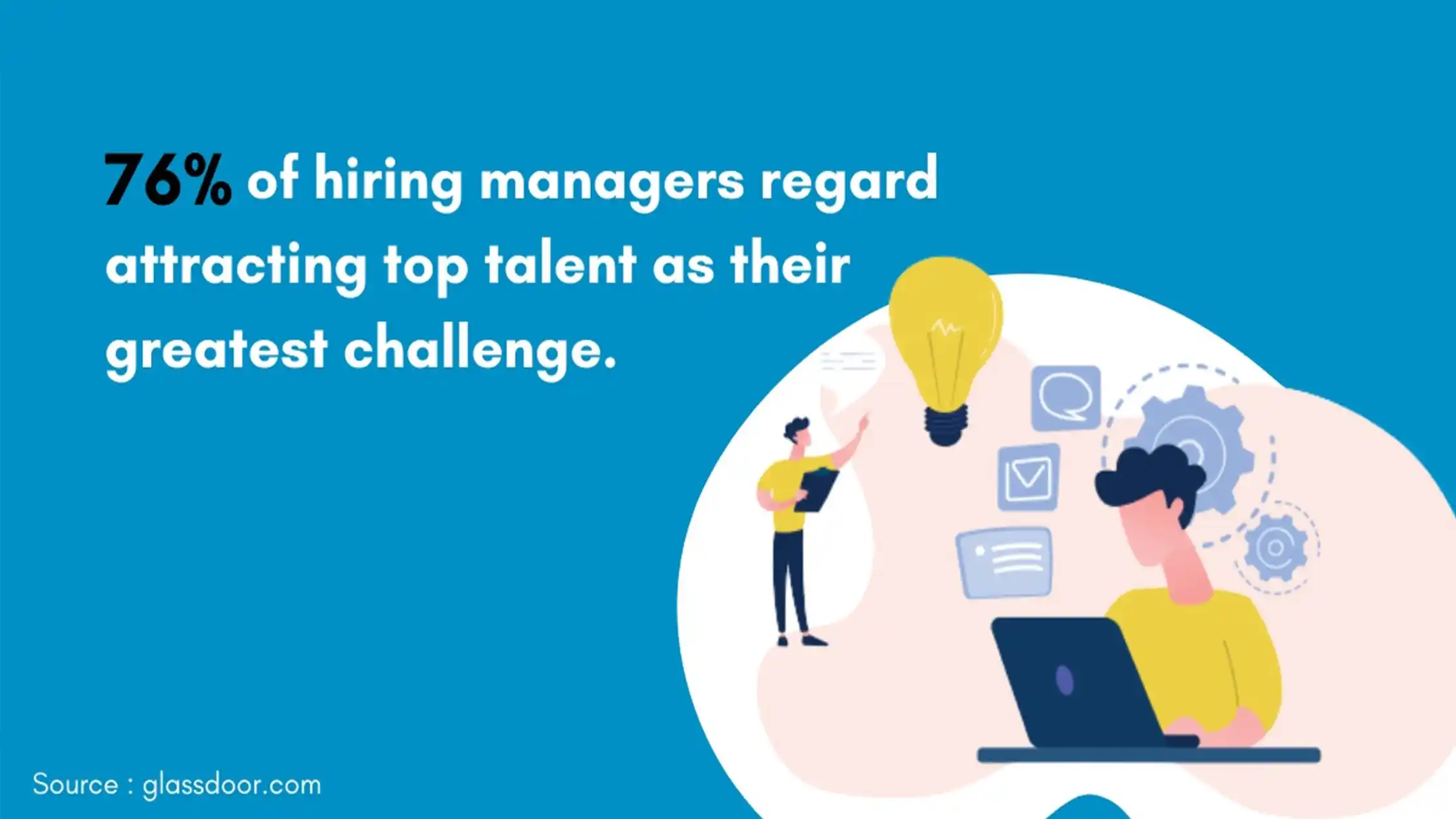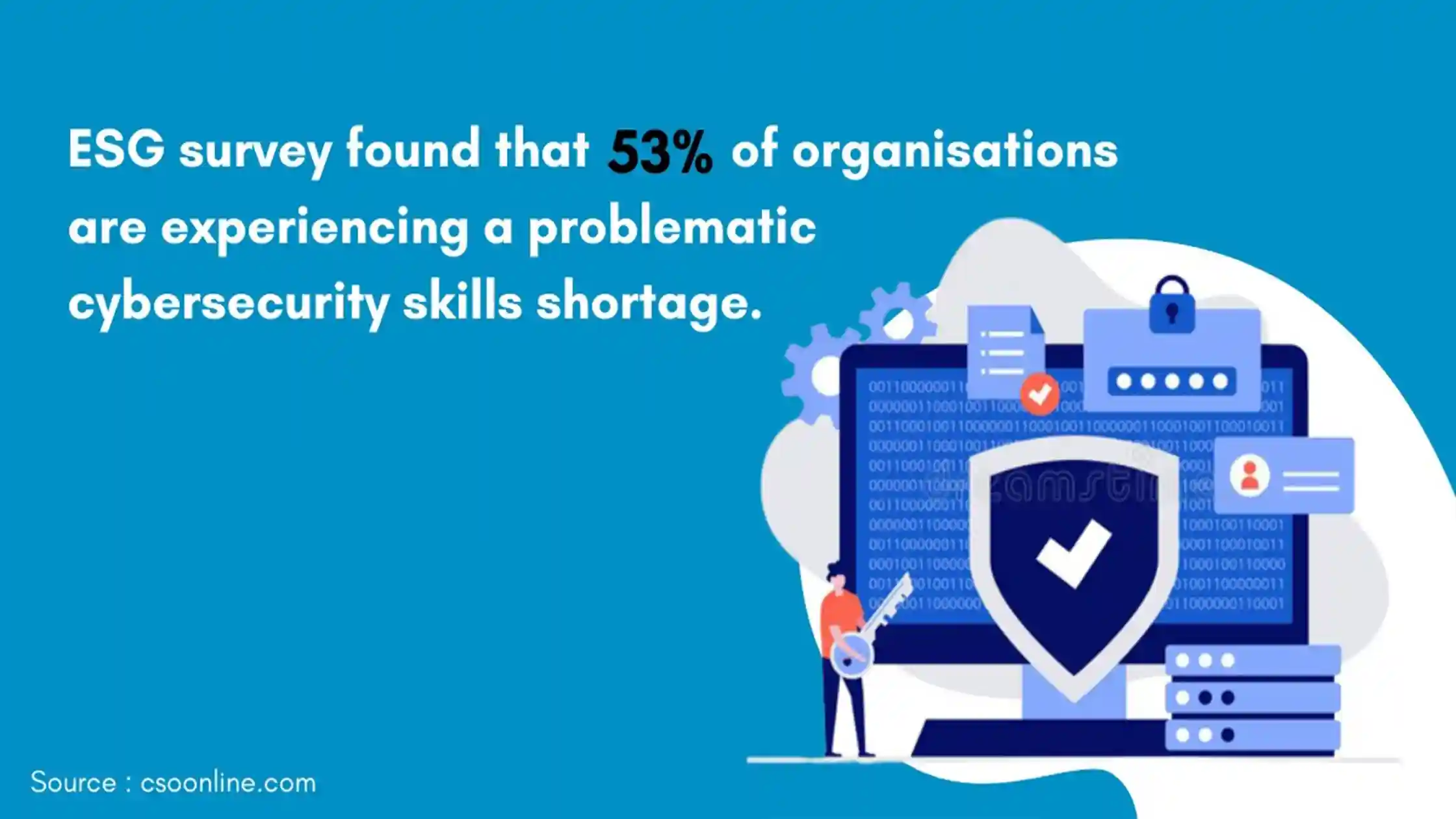TL;DR
- Building a talent pool is an effective recruitment strategy to hire the best-fit candidates quickly.
- A talent pool is a curated database containing detailed candidate information including experience, skills, and cultural fit.
- Benefits include saving time, reducing recruitment costs, and having pre-selected engaged candidates ready.
- Key challenges involve identifying quality candidates, continuously filling the pool, managing data effectively, and combating talent shortages.
- Maintaining a quality talent pool requires structuring data, setting data deletion rules for compliance, and regularly cleansing outdated information.
- Using diverse sourcing methods such as social media recruitment, employee referrals, and networking events helps sustain the talent pool.
- Building and managing a talent pool is vital to ensure rapid, quality hiring and preparing for unexpected vacancies.
Building talent pools could be one of the most effective and reliable recruitment tactics you are still ignoring, as it appears to be a key to hiring the best-fitting talent for your position these days. The very presence of a talent pool is a sign of a successful company that grows.
One of the toughest challenges in recruitment is speed. Every time a new position is opened or an employee leaves a job; a hole appears that should be fixed as soon as possible. Fast and quality hiring is impossible without a pre-built talent pool.
This article dives deep into talent pools. Let’s start with understanding what a talent pool is, what benefits it can bring to your company, and what challenges you might face in the process.
What is a Talent Pool?
A talent pool is a database containing information about promising candidates. Most often, the candidates on this list somehow managed to show their interest in your company as an employer.
However, a profound talent pool is not limited to names, contact details, and LinkedIn profiles. An adequately curated talent pool also contains -
- Experience
- Skills
- Career goals
- Current place of employment, if any
- Data on cultural fit
- Possible suitable roles for each candidate.
The candidates in a talent pool are usually ready to dive into the work almost immediately. Undoubtedly, there is always a chance that a perfect candidate from your pool just won`t fit. However, at least you will not waste time searching for other prospects.
Benefits of Building a Talent Pool
When it comes to decision-making, you often have to choose between almost perfect candidates — losing the second great option after making your final decision would be a huge mistake. This is when you need a talent pool.
If a talent pool becomes a standard recruitment practice for you, the benefits are apparent -
- You save time searching for candidates
- The recruitment does not start from scratch
- Second-choice applicants are usually fast to obtain
- More engaged candidates become available for you
- Preselection becomes available
- The risk of recruiting the wrong candidate decreases
- Recruitment costs reduce.
Thus, a talent pool is all about preparation and potential. Adding candidates to your talent pool today saves time and effort for you and your HR department tomorrow. However, as mentioned before, building your talent pool might be an arduous task, and we recommend always learning from niche professionals and preparing for possible challenges.
What Kind of Employees Fits Into Talent Pools?
Naturally, a talent pool can include internal employees and potential external candidates. The more diverse the selection of candidates, the better choice you have. Therefore, a good talent pool usually includes -
- Candidates sourced by your recruiting team
- Second-best candidates
- Potential candidates from social media and career fairs
- Employees’ recommendations
- Qualified former employees and trainees.
Thus, a good talent pool is a unified database of potential employees of your team once their expertise and talents appear to be in demand for your business.
Why Should Recruiters Build a Talent Pool?
All companies need to develop contingency plans. Unexpected things happen, so you need to be ready to fill the position in a short time. For most companies, a lack of time often results in hiring unqualified staff, which eventually cannot perform the work well under stressful conditions. According to a recent survey, 42% of job applicants don't meet skill requirements.
Besides, in 2019, a whopping 69% of companies in the US had issues filling vacated positions. Building and maintaining a talent pool could be your secure way out of such situations. It is always better to prepare instead of sitting back and hoping that such an instance will not touch your company.
Top Challenges Around Building an Organisation's Talent Pool
Glassdoor’s HR & Recruiting Stats concluded that 76% of hiring managers regard attracting top talent as their greatest challenge. Thus, the process of talent pool building can`t be easy as well.
Thus, recruiters face some most common challenges while building and managing talent pools for various companies.
1. Defining worthy candidates
Quite often, identifying quality candidates in a pool of unqualified talent is a time-consuming and challenging task. The matter is, your options are limited. Finding a perfect candidate in our talent pool does not mean finding the best possible candidates for the position.
However, a good hire is not always about attracting as many talents as possible. What is more important is selecting and preparing knock-out interview questions to ensure the best possible choice.
2. Filling your talent pool
Good candidates often get into the talent pools of various companies at the same time. Other recruiters often contact them. Thus it may be challenging to reach out to them. Besides, you should constantly be filling your talent pool with new candidates, not limit yourself to options.
Thus, there are 7 most effective ways to ensure a stable flow of candidates into your pool -
1. Application of the sourcing tools
2. Adherence to employee referrals
3. Practising social media recruitment techniques
4. Usage of inbound recruitment
5. Execution of social media campaigns
6. Having a separate career landing page
7. Holding talent networking events.
All these methods appear to be effective, mainly if performed simultaneously. Besides, you can create a standard of entry and test candidates before adding them to your pool.
3. Talent pool management
To turn a list of potential candidates into a vibrant talent community, it is essential to ensure proper process management. Your talent pool is just a telephone directory without the right segmentation approach, communication, and expectations management.
Sometimes setting realistic expectations of what candidates can get from joining your talent pool is quite tricky. A talent pool is not a waiting list, so a candidate just needs to wait for a phone call. Besides, the database is good only if you know how to manage and use it to benefit your company.
4. Combating the talent recession
Many external factors contribute to talent recession in general. Unfortunately, some of them are out of your scope of competence - political issues, market regression, workforce ageing, pandemics, and many others.
For some industries, the effect of the talent recession is particularly profound. Thus, for instance, an ESG survey found that 53% of organisations are experiencing a problematic cybersecurity skills shortage.
5. Regular cleanse
Like all the other databases, a talent pool requires a regular and accurate cleanse. If someone applied for your position years ago, most likely, they are no longer interested in getting the same position or in your company in general. Therefore the data on your talent pool is time-sensitive.
Luckily there are some automation tools like pre-cleanse emails that can help to make the process easier. However, the process is internal. As soon as you stop updating the data and cleanse irrelevant information, a talent pool becomes a useless thing.
Tips to Add High-Quality Candidates in Your Talent Pool
As long as you are now well familiar with the notion of the talent pool, how it works, and what challenges you might face building it, it is time to introduce some actionable tips to maintain your talent database of superior quality. The database is as good as the collection of quality candidates on it.
Tip 1 - Focus on culture
Back long ago, in pre-pandemic times, company leaders and hiring managers worked hard to create supportive, inspiring team cultures. When the timeline for remote work stretches from weeks and months to years, it is a time for hybrid work culture, which is even harder to cultivate and maintain.
Thus, to make the task at least a little easier, doing talent pool outreach entices candidates to fit the overall company culture. Consider including situational awareness, value and worldview questions, and cognitive ability assessment tools in your talent pool application process.
Tip 2 - Structure your data
To locate the right candidate in your talent pool easily, make sure that their profiles are structured in a way that allows you to identify critical skills and qualifications. Thus, develop a tagging system that would work in the best way for your company.
In addition, developing a scoring system to rank the candidates according to their abilities and qualification could also work great. In addition, saving your talent pool search criteria can be a huge time saver, especially if there’s a specific type of role that you regularly recruit for or if you have a mainly defined set of criteria.
Tip 3 - Set data deletion rules
Storing candidate data in your talent pool, you need an easy way of maintaining compliance with data protection regulations. This means being able to identify all the information held on a candidate easily, should they want their data deleted.
Maintaining a high-quality (and legally compliant) talent pool is vital. Therefore, set automated data deletion cycles to ensure that you aren’t holding candidate data any longer than is deemed necessary or set your candidate data to be deleted after an allocated time, whatever timescale is appropriate for your business.
A Final Thought on Building Perfect Talent Pool
One of the biggest challenges for all recruiters across the sphere is sourcing talent at speed. Time to hire is a crucial equivalent to the cost of every hire, and access to a database full of quality candidates is a magic wand.
Building a talent pool for your company is only a part of a successful recruitment strategy. However, the benefits fully compensate for the effort.
FAQs - Frequently Asked Questions
What exactly is a talent pool in recruitment?
A talent pool is a carefully curated database of promising candidates who have shown interest in your company. It helps recruiters hire faster by having ready profiles with skills, experience, and cultural fit data.
Why is building a talent pool important for recruiters?
Building a talent pool saves time and recruitment costs. It provides a selection of engaged candidates, helping avoid starting recruitment from scratch and reducing the risk of hiring unsuitable staff, which iSmartRecruit supports efficiently.
How can recruiters maintain a high-quality talent pool?
Maintaining quality involves regular updates, data cleansing, and compliance with data protection laws. Using automated tools and setting data deletion rules ensures your talent pool stays valuable and compliant over time.
What challenges do recruiters face when building a talent pool?
Recruiters often struggle with finding worthy candidates, filling the pool consistently, managing the data well, and dealing with external talent shortages. Overcoming these needs structured strategies and tools like iSmartRecruit.



















